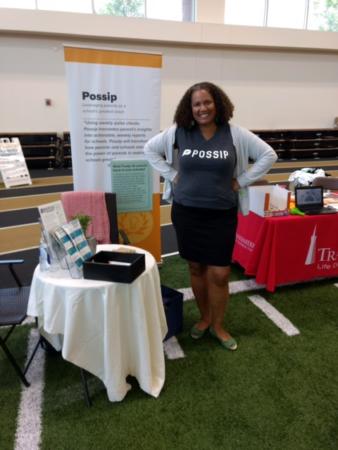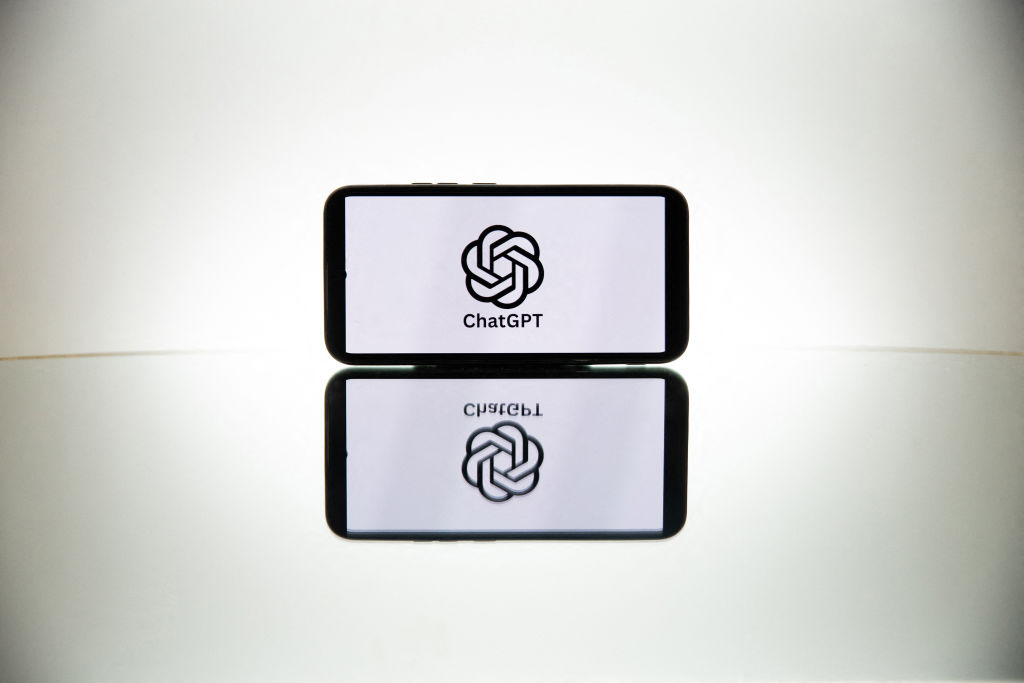Shani Dowell conceived an idea that would transform the way parents communicate with administrators at their child’s school by asking a simple question: What if someone made it simple for parents to give feedback?
Parents already talk about issues, give praise, voice frustration, and comment on ways they might improve their child’s education. However, when these conversations take place amongst themselves, the feedback often doesn’t reach school administrators.
“We wanted to catch issues before they became bigger problems and have a system for parents to participate and engage through sharing their perspective,” Dowell told AfroTech.
Dowell launched Possip—”positive gossip”—a platform gathering parent feedback and praise in real-time allowing schools to analyze data systemically. Through weekly texts or emails forwarded to parents automatically, parents can instantly and easily record feedback.
Though Dowell had no prior tech experience, her career in education helped guide her through some of the initial building of the platform.
“Having been a teacher, I knew how many bad products there are in schools,” she said.
She built the first iteration of Possip without any tech and used platforms like Mailchimp and SMS that were already available to her.
After launching the MVP with a pilot school, Dowell learned that parents actually found the product useful.
“I got the confidence to say this is a valuable product,” she said.
The founder embraced the reality of working full-time while building a startup. Hesitant to quit her job at first, Dowell eventually left her role as an executive director of a higher education nonprofit last summer once Possip began to gain traction.
Dowell was motivated by the need she saw for underrepresented founders to build education-based products that impact the way young diverse students learn.
A study on the edtech ecosystem by eLearning Inside News found that the largest companies in the space were either unable or unwilling to report stats on the racial-ethnic makeups of their teams.
As Dowell worked to scale the product, she went on a mission to find a developer who could clearly articulate the vision she had and turn it into a fully functioning technical platform.
“The hardest part was trying to hire someone to do the technical work,” Dowell recalls. “I interviewed a couple of people and found someone who grew up in the communities we were trying to service.”
Working with someone who has the technical expertise, Dowell says she didn’t necessarily need to learn to code. “I can propose solutions to the developer without coding knowledge and solve problems.”
The platform now operates in over 100 schools across 16 states.
“Overtime we’ve gotten more clear on who our audience is,” Dowell explained. “We target schools that are underperforming, schools where the demographics are changing quickly, and schools that just want to get better at communication.”
The platform allows parents to provide feedback in different languages, a service offered to a group of parents who might not otherwise communicate with a teacher or principal.
“Our schools are now majority minority so we have a unique perspective being mothers and women representing the demographics of the schools we serve,” Dowell said commenting on the lack of diversity in the edtech space.
The Nashville-based startup was a participant in the first Founder Gym cohort and the Google for Entrepreneurs Black Founders Exchange program. “These programs helped me think about scale,” she said. “So far our work has been primarily bootstrapping and fundraising through friends and family, not so much venture capital funding.”
The startup hopes to be active in 1000 schools by the end of 2020 and wants to continue building Possip to be a thought leader on creating platforms for people to have a voice in education.
















